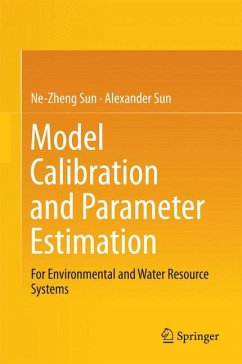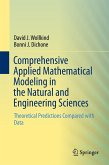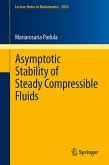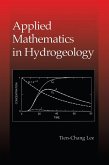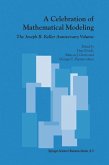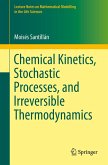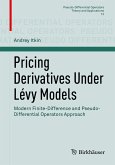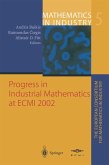For the first time, topics such as multiscale inversion, stochastic field parameterization, level set method, machine learning, global sensitivity analysis, data assimilation, model uncertainty quantification, robust design, and goal-oriented modeling, are systematically described and summarized in a single book from the perspective of model inversion, and elucidated with numerical examples from environmental and water resources modeling. Readers of this book will not only learn basic concepts and methods for simple parameter estimation, but also get familiar with advanced methods for modeling complex systems. Algorithms for mathematical tools used in this book, such as numerical optimization, automatic differentiation, adaptive parameterization, hierarchical Bayesian, metamodeling, Markov chain Monte Carlo, are covered in details.
This book can useful for graduate and upper level undergraduate students majoring in environmental engineering, hydrology, and geosciences. It also serves as an essential reference book for petroleum engineers, mining engineers, chemists, mechanical engineers, ecologists, biomedical engineers, applied mathematicians, and others who perform mathematical modeling.
Dieser Download kann aus rechtlichen Gründen nur mit Rechnungsadresse in A, B, BG, CY, CZ, D, DK, EW, E, FIN, F, GR, HR, H, IRL, I, LT, L, LR, M, NL, PL, P, R, S, SLO, SK ausgeliefert werden.
Hinweis: Dieser Artikel kann nur an eine deutsche Lieferadresse ausgeliefert werden.

